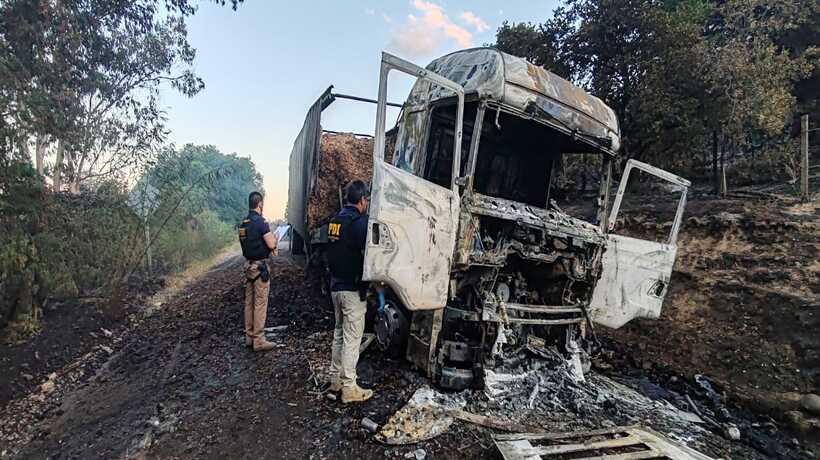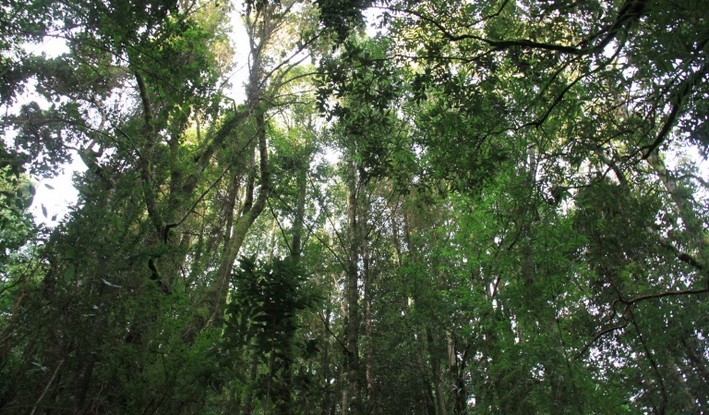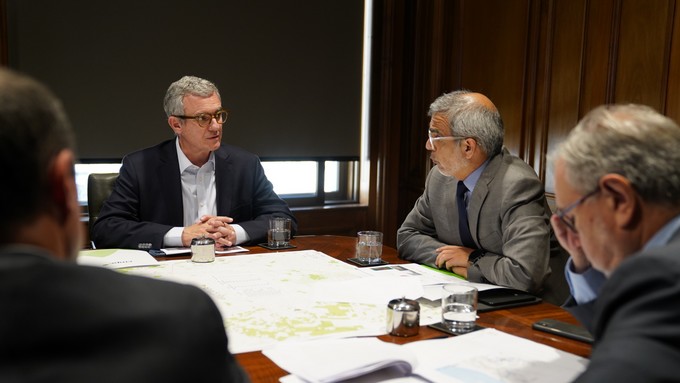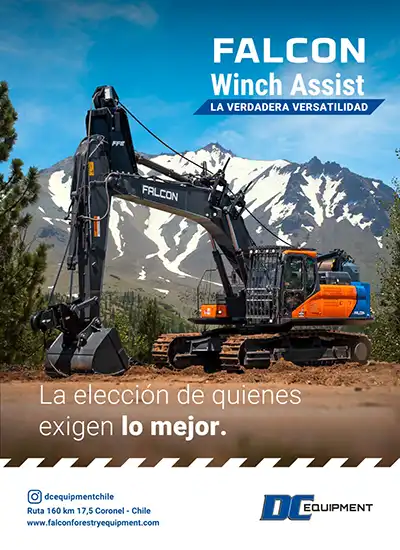Acoforag Warns About the Decline in Hectares and Lack of Incentive Policies for Reforestation
- René Muñoz, manager of Acoforag, stated on Radio San Cristóbal de Los Ángeles that the drop in exports reflects a series of problems ranging from a lack of political will to insecurity and intentional wildfires that have devastated vast forest areas.
The forestry sector in Chile is facing a critical situation, with a significant decline in exports and an alarming reduction in forested hectares.
René Muñoz, manager of the Association of Forestry Contractors, expressed his concern in an interview with Radio San Cristóbal de Los Ángeles, highlighting the urgent need for public policies that encourage the recovery of areas affected by wildfires and the lack of institutional action.
The Chilean forestry sector is going through one of its worst crises in recent history, with a 29.7% drop in forestry exports in the last month. According to René Muñoz, this decline reflects a series of problems ranging from a lack of political will to insecurity and intentional wildfires that have devastated vast forest areas.
Muñoz pointed out that the country's forested area has decreased from 2.4 million hectares to approximately 2 million in the last five years, representing a loss of between 300,000 to 400,000 hectares. This situation has had a direct impact on the development of new projects and the closure of industrial plants and sawmills.
He emphasized the need for public policies that incentivize reforestation, similar to Decree Law 701, which in the past helped generate Chile's forestry heritage. However, the current lack of state subsidies and laws promoting afforestation is leading the sector to a progressive decline.
Additionally, he denounced the high rate of intentional wildfires, especially in the southern macrozone, where it reaches 80%. Impunity is another serious issue, as out of 900 complaints filed by Corma in 2024, only two resulted in arrests, sending a message that burning forests has no consequences.
Climate change has also exacerbated the situation, with fifth and sixth-generation wildfires that are extremely difficult to control due to high temperatures, strong winds, and low humidity. These factors create an environment where the forestry sector is severely threatened.
Furthermore, he stated that the crisis is worsening with the departure of two of the largest companies in the sector, CMPC and Arauco, which are moving their investments to Brazil in search of better conditions and legal certainty. "The lack of a functional Rule of Law in Chile has led these multinationals to seek more stable markets with greater guarantees for their investments," he affirmed.
Muñoz's call is clear: good laws, effective institutions, and measures that condemn and stop those responsible for wildfires are needed. Only then can the survival and growth of the forestry sector in Chile be ensured.
The full interview at the following link:https://www.facebook.com/watch/live/?ref=watch_permalink&v=1176591906957465

















